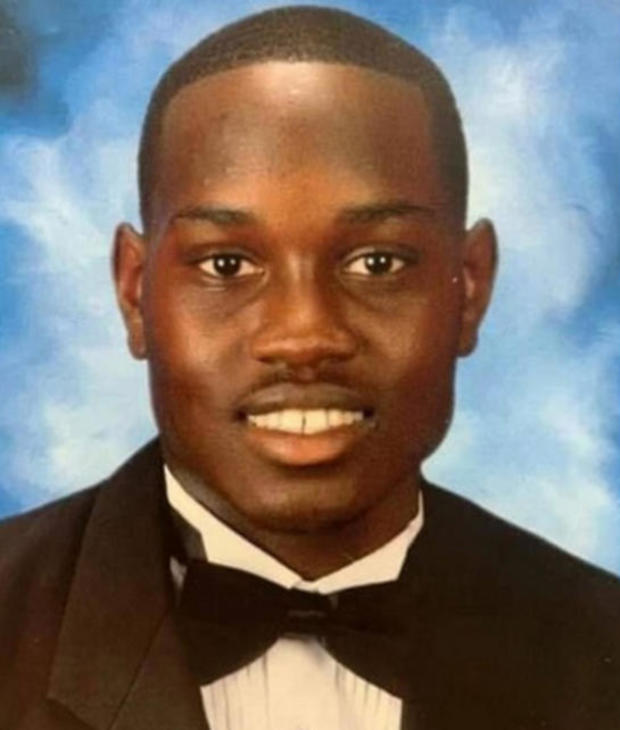Gypsy Rose Blanchard announced on her private Facebook that she and her husband Ryan Anderson have separated three months after she was released from prison for her role in the murder of her mother. The announcement came just weeks after Blanchard deleted her highly-followed TikTok and Instagram accounts.
Blanchard was convicted of second-degree murder for the death of her mother, Clauddine “Dee Dee” Blanchard, who was stabbed to death by Gypsy Rose’s then-boyfriend Nick Godejohn in 2015, a crime that inspired the Hulu mini-series, “The Act.” Godejohn told police he committed the crime at Gypsy Rose’s request when she learned that after a lifetime of being told she had several debilitating illnesses that required constant care, it was all a lie and she was a victim of child abuse. After pleading guilty, Godejohn was sentenced to life in prison.
/ Getty Images
Gypsy Rose, who was sentenced to 10 years, was released from prison after seven years on Dec. 28.
It was during her sentence that she met her husband, Ryan Anderson, a special education teacher from Louisiana. The pair wed in July 2022.
But on Thursday, she announced the two have broken up.
“People have been asking what is going on in my life. Unfortunately my husband and I are going through a separation and I moved in with my parents home down the bayo,” she wrote on her private Facebook account in a statement obtained by People magazine. “I have the support of my family and friends to help guide me through this. I am learning to listen to my heart. Right now I need time to let myself find… who I am.”
In an interview with Entertainment Tonight in January, Blanchard said she felt a connection with Anderson when he started contacting her while she was in prison. She said she was immediately attracted to the fact that he lives in Louisiana, where she is originally from.
“I wrote him a letter back and we became friends, and of course more than friends, and then now we’re married,” she said.
Immediately upon her release from prison, she told ET she and Anderson moved in together and were “learning about each other.” They had also discussed having kids, but were unsure of when they wanted to do so.
“With us getting married [while she was still in jail], she was able to come live with me straight out of prison,” Anderson told ET. “So, that was important. It’s what we both wanted.”
“We’re just trying to take it day by day,” Gypsy Rose added. “We’re just trying to start off the marriage on a good foot before we bring kids into this situation right now.”
Earlier this month, Gypsy Rose – who was determined to have suffered from a form of abuse that involves a guardian inducing illness for sympathy, leading to her decision to kill her mother – deleted her social media profiles that had amassed millions of followers.
She first deleted her Instagram account, which according to Entertainment Tonight had at one point more than 7.8 million followers. After deleting that account, she posted a series of TikToks saying she is doing her “best to live my authentic life and what’s real to me.”
“And what’s not real is social media,” she said, calling it a “doorway to hell.”
“It’s so crazy, I can’t even wrap my head around what social media is,” she said. “…And with the public scrutiny as bad as it is, I just don’t want to live my life under a microscope.”
Then she deleted her TikTok as well. People magazine learned that she deleted those accounts “at the advisement of her parole officer, so she won’t get in trouble and go back to jail.”








